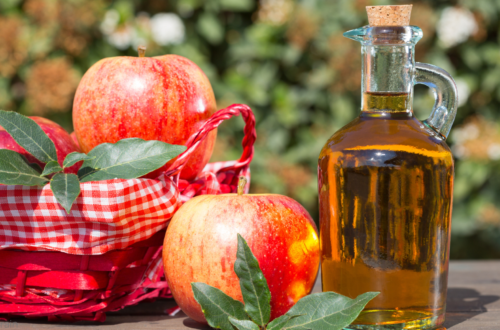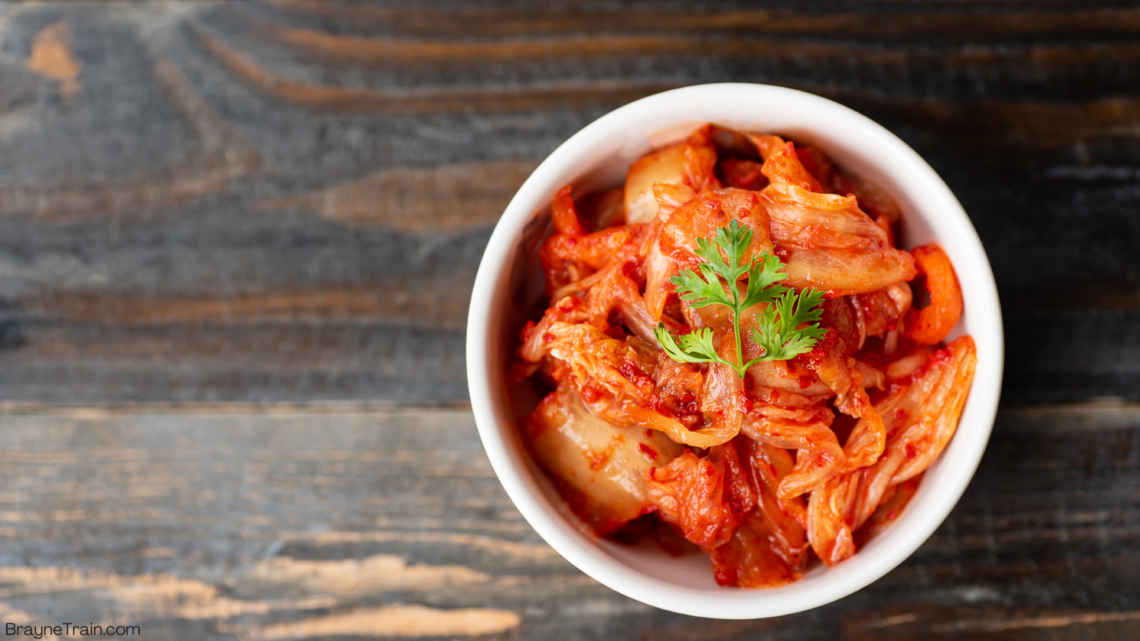
Does Eating Kimchi Every Day Help You Lose Weight?
Kimchi is a spicy traditional Korean dish made of fermented vegetables such as cabbage, onion, garlic, radish, chili pepper, ginger, etc.
This tasty superfood can be consumed by itself or used as a condiment in various Korean dishes.
It’s been said that Koreans consume nearly 40 pounds of kimchi per person every year.
Many people wonder if eating kimchi every day may help them lose weight since the obesity rate among Koreans is extremely low.
Studies have indicated that regular consumption of fermented kimchi results in weight loss. Fermented kimchi helps increase metabolism and slow down fat accumulation.
Intrigued? Continue reading to learn more!

How Does Kimchi Help You Lose Weight?
A study was done on twenty-two obese individuals. They were divided into two groups and randomly assigned to two 4-week diet phases separated by a 2-week washout period.
In this study, the participants consumed either fresh or fermented kimchi.
Both groups showed a significant decrease in body weight, body mass index, and body fat.
However, the fermented kimchi group showed a more significant decrease in the waist-hip ratio, lower fasting blood glucose, and lower fasting insulin levels.
Based on these results, consuming fresh or fermented kimchi can help with weight loss. The low-calorie, high-fiber content and the probiotics found in fermented kimchi all contribute to fat loss.
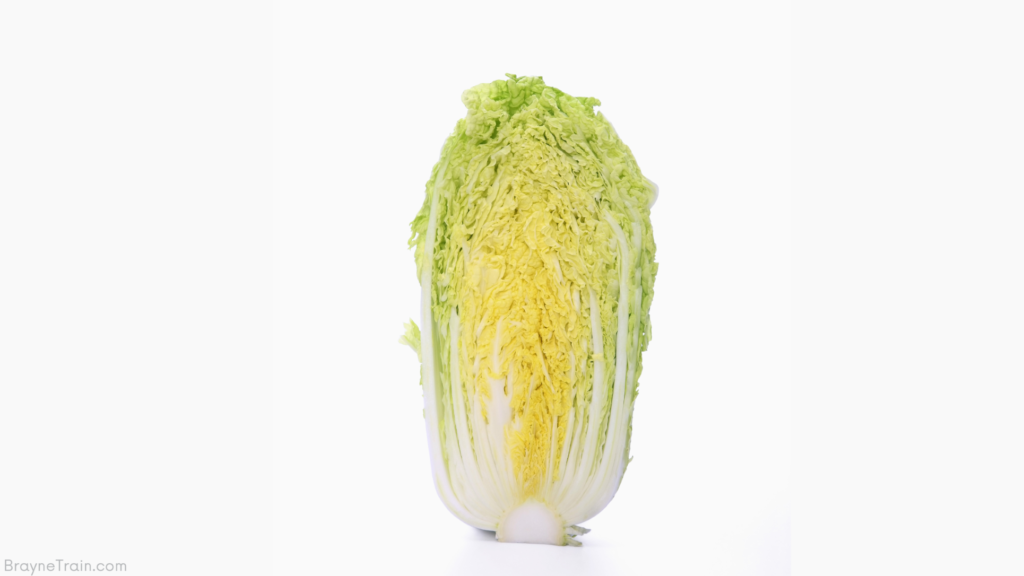
Chinese cabbage, one of the key ingredients of kimchi, is a rich source of vitamins and minerals, including vitamins A, C, and riboflavin.
Riboflavin is required for metabolism and energy production. A riboflavin deficiency may result in a slower metabolism and weight gain.
Kimchi is a rich source of this vitamin. Therefore, consumption of kimchi routinely can help increase your metabolism, burn calories and help you lose weight.
Moreover, kimchi promotes gut health, and a healthy gut results in better digestion of food, which is essential for effective weight loss.

Is Kimchi Keto-Friendly?
Kimchi is considered keto-friendly due to its naturally low-carb, low-sugar content.
In fact, kimchi is an excellent addition to your keto diet plan. You can enjoy kimchi as a mid-day snack or add it as a side-dish to your daily keto meal preps.
To learn how you can lose weight with the ketogenic diet, click here.
How Much Kimchi Can You Eat Per Day?
Research has shown that consuming 15 to 200 grams of kimchi per day can help lower blood sugar and bad cholesterol.
It’s recommended to consume at least 80 to 100 grams of kimchi daily to enjoy its excellent health benefits.
Also, eating kimchi daily will not result in weight gain; studies have indicated that daily kimchi consumption can help you lose weight.

Top 8 Surprising Health Benefits Of Kimchi:
The nutritional profile of kimchi can vary slightly based on the various vegetables used. A standard cabbage kimchi’s dietary facts for 1 cup of kimchi are as follows:
- Calories: 23
- Sugar: 2 grams
- Protein: 2 grams
- Carbs: 4 grams
- Fiber: 2 grams
- Fat: less than 1 gram
1. May Help Prevent Stomach Cancer
A study done in China found that Chinese cabbage and radish found in kimchi contain bio-chemicals isocyanate and sulfide, which can help detoxify heavy metals found in the liver, small intestine, and kidneys.
The bio-chemical isocyanate, specifically, is known to help prevent stomach cancer.
2. Rich Source Of Probiotics
Many of kimchi’s health benefits are thought to result from its high probiotics content.
Probiotics are living bacteria that provide health advantages when consumed in large quantities.
They have been linked to the prevention and treatment of many diseases, including the common cold, cancer, constipation, and skin problems.
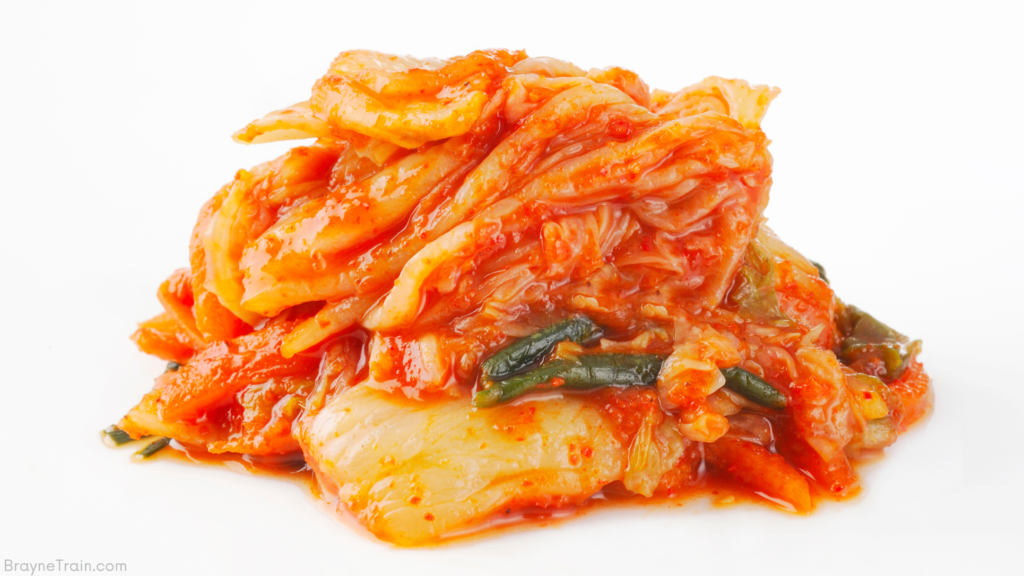
Kimchi’s Lacto-fermentation mechanism distinguishes it from other fermented food.
Lacto-fermentation employs the lactobacillus bacteria to break down carbs into lactic acid, giving kimchi its sour flavor.
Lactobacillus bacteria may help reduce diarrhea and irritable bowel syndrome, treat vaginal infections, reduce cold and allergy symptoms, etc.
Fermentation also encourages the growth of other healthy gut bacteria, aiding digestion and fat metabolism.
3. Anti-inflammatory
Inflammation is not necessarily harmful and is required for healing injuries. However, chronic inflammation is considered the source of almost all diseases.
Kimchi contains probiotics, antioxidants, and vitamin C, all known to help reduce inflammation in the body.
An animal study published in the Journal of Microbiology found that a specific strain of probiotics found in kimchi helps reduce several inflammation markers in the gut.
Also, kimchi helps promote blood vessel function, which helps decrease inflammation.
To learn about a great anti-inflammation diet, click here.
4. Anti-Aging
Have you noticed how young Koreans look for their age? Kimchi might be the secret!
Due to the fermentation process, kimchi is exceptionally high in antioxidants. These antioxidants in kimchi help neutralize free radicals caused by factors such as UV light.
Therefore, kimchi can help protect your cells from oxidative stress and slow down the aging process.
Also, the selenium found in kimchi helps keep skin young and healthy and prevents wrinkles from forming.
Chronic inflammation contributes to the aging process; kimchi, an anti-inflammatory food, helps eliminate inflammation and slow down aging.
To learn more about the anti-aging benefits of dates, click here.

5. Helps Get Rid of Bad Breath
Kimchi consumption has been shown to help eliminate bad breath or halitosis.
Fermented foods, including kimchi, can help balance the good bacteria in the mouth and the gut, which helps eliminate halitosis.
What is keto breath and how can you get rid of it? Click here to learn more.
6. May Help Prevent Heart Disease
Kimchi is a rich source of antioxidants. Antioxidants help prevent and stabilize oxidative damage to the cells.
Research has shown that regular kimchi consumption can help lower blood sugar and cholesterol levels, which contribute to a healthy heart and reduce the risk of heart disease.
Dragon fruit can also reduce the risk of heart disease, click here to learn more.
7. Strengthens The Immune Function
Kimchi contains probiotics that are incredibly beneficial for the immune system.
Probiotics are friendly bacteria that help keep the gut healthy, protect the immune system, and kill microbes.
In addition, studies show lactobacillus bacteria can help strengthen the immune system and promote healthy digestion.
8. Helps Detox The Liver & Kidneys
Kimchi is considered a natural and gentle body detoxifier that can help detoxify the liver and the kidney.
Also, fermented kimchi’s radish and onion content is a rich source of sulfur. Sulfur helps detoxify the liver and kidneys and protect the intestinal lining from damage.
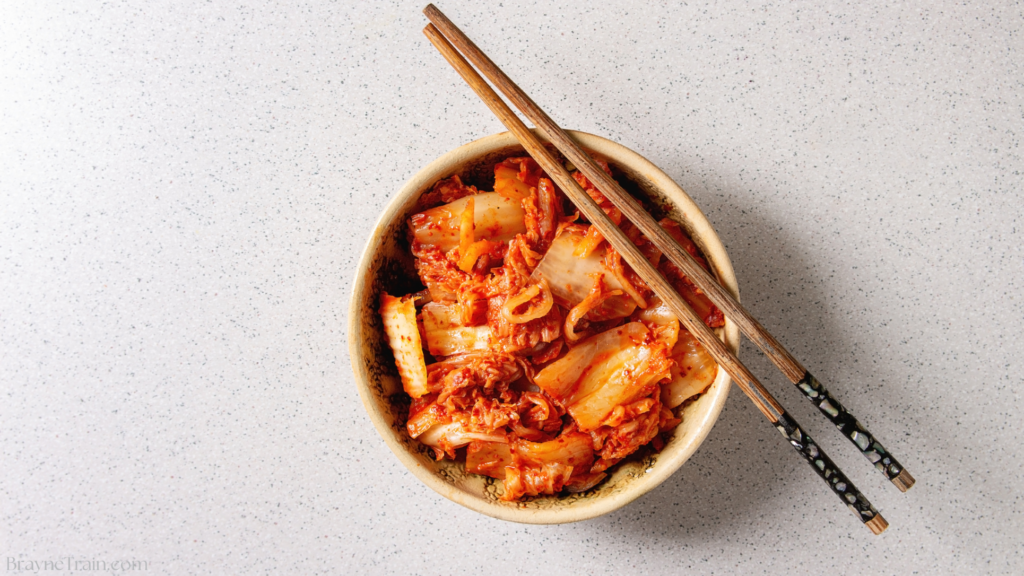
Is Kimchi The World’s Healthiest Food?
Due to its fantastic health benefits, kimchi is known by many nutrition experts and scientists to be one of the world’s top five healthiest foods.
Kimchi can help in weight loss, lower blood sugar and cholesterol, and aid in treating or preventing certain diseases such as the common cold or diarrhea.
In addition, kimchi helps promote healthy digestion and can detoxify the liver and kidneys.
Therefore, adding roughly 100 grams of kimchi to your daily diet may help you stay healthy and young for a very long time.
You can find this fantastic healthy superfood in your local grocery store.
Thank you for reading!
References
Kim EK, An SY, Lee MS, Kim TH, Lee HK, Hwang WS, Choe SJ, Kim TY, Han SJ, Kim HJ, Kim DJ, Lee KW. Fermented kimchi reduces body weight and improves metabolic parameters in overweight and obese patients. Nutr Res. 2011 Jun;31(6):436-43. doi: 10.1016/j.nutres.2011.05.011. PMID: 21745625.
Dimidi E, Cox SR, Rossi M, Whelan K. Fermented Foods: Definitions and Characteristics, Impact on the Gut Microbiota and Effects on Gastrointestinal Health and Disease. Nutrients. 2019 Aug 5;11(8):1806. doi: 10.3390/nu11081806. PMID: 31387262; PMCID: PMC6723656.
Juturu V, Wu JC. Microbial production of lactic acid: the latest development. Crit Rev Biotechnol. 2016 Dec;36(6):967-977. doi: 10.3109/07388551.2015.1066305. Epub 2015 Aug 11. PMID: 26287368.
Park JM, Han YM, Oh JY, Lee DY, Choi SH, Kim SJ, Hahm KB. Fermented kimchi rejuvenated precancerous atrophic gastritis via mitigating Helicobacter pylori-associated endoplasmic reticulum and oxidative stress. J Clin Biochem Nutr. 2021 Sep;69(2):158-170. doi: 10.3164/jcbn.20-180. Epub 2021 Mar 27. PMID: 34616108; PMCID: PMC8482386.
Kim HJ, Noh JS, Song YO. Beneficial Effects of Kimchi, a Korean Fermented Vegetable Food, on Pathophysiological Factors Related to Atherosclerosis. J Med Food. 2018 Feb;21(2):127-135. doi: 10.1089/jmf.2017.3946. Epub 2017 Dec 22. PMID: 29271694.
Das G, Paramithiotis S, Sundaram Sivamaruthi B, Wijaya CH, Suharta S, Sanlier N, Shin HS, Patra JK. Traditional fermented foods with anti-aging effect: A concentric review. Food Res Int. 2020 Aug;134:109269. doi: 10.1016/j.foodres.2020.109269. Epub 2020 Apr 23. PMID: 32517898.



